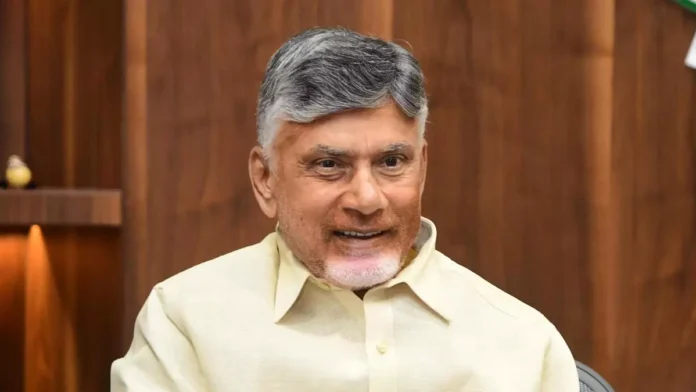The NDA government, led by Prime Minister Narendra Modi, has been making significant strides in boosting the economy and attracting investments since it assumed power in 2014. In a recent announcement, it was revealed that the total investments approved by the government have now reached a staggering amount of Rs 4,32,584 crore. This is a testament to the government’s commitment towards creating a conducive environment for businesses to thrive and contribute to the growth of the nation.
The NDA government’s focus on economic development and reforms has been evident since the beginning. The introduction of initiatives like Make in India, Digital India, and Startup India has been instrumental in attracting both domestic and foreign investments. These initiatives have not only created a buzz in the business world but have also instilled confidence in investors about the potential of the Indian market.
The Make in India campaign, in particular, has been a game-changer for the Indian economy. It aims to transform India into a global manufacturing hub and has been successful in attracting investments in various sectors such as automobiles, electronics, and textiles. The government’s efforts to improve the ease of doing business in the country have also played a crucial role in this success. As a result, India has now become the world’s second-largest manufacturer of mobile phones and is on its way to becoming a major player in the global manufacturing sector.
The Digital India initiative has also been a significant contributor to the growth of the economy. With the increasing use of technology in every aspect of our lives, the government’s focus on digitalization has opened up new opportunities for businesses. The implementation of digital infrastructure and services has not only improved the efficiency of businesses but has also made it easier for them to operate in the country. This has led to a surge in investments in the IT and e-commerce sectors, which have been growing at an unprecedented rate.
The Startup India program has been a boon for the entrepreneurial ecosystem in the country. It has provided a platform for young and innovative minds to turn their ideas into successful businesses. The government’s support in terms of funding, tax benefits, and ease of compliance has encouraged more and more startups to set up their base in India. This has not only created job opportunities but has also put India on the map as a hub for innovation and entrepreneurship.
Apart from these initiatives, the government has also taken several other measures to boost investments in the country. The introduction of the Goods and Services Tax (GST) has simplified the tax structure and eliminated the cascading effect of taxes, making it easier for businesses to operate. The Insolvency and Bankruptcy Code (IBC) has also been a game-changer, providing a time-bound and efficient process for resolving insolvency cases. These reforms have not only improved the business environment but have also instilled confidence in investors about the stability and transparency of the Indian market.
The NDA government’s efforts have not gone unnoticed, and the recent announcement of the total investments approved is a testament to that. The investments have been spread across various sectors, including infrastructure, manufacturing, energy, and services. This will not only create job opportunities but will also contribute to the overall development of the country.
The government’s focus on infrastructure development has been crucial in attracting investments. The launch of projects like Bharatmala, Sagarmala, and the Smart Cities Mission has opened up new avenues for investments in the infrastructure sector. These projects aim to improve connectivity, create world-class infrastructure, and promote sustainable development. The government’s commitment to developing infrastructure has been evident in the allocation of Rs 1,03,000 crore in the Union Budget 2021-22 for the development of highways and Rs 1,18,101 crore for the Ministry of Road Transport and Highways.
The energy sector has also been a major beneficiary of the government’s efforts. With the aim of achieving energy security and promoting clean energy, the government has taken several initiatives such as the Ujwal DISCOM Assurance Yojana (UDAY), the Saubhagya scheme, and the KUSUM scheme. These initiatives have not only improved the availability and affordability of energy but have also attracted investments in the renewable energy sector. The government’s target of achieving 175 GW of renewable energy capacity by 2022 has also been a major factor in attracting investments in this sector.
The services sector, which contributes significantly to the country’s GDP, has also seen a surge in investments. The government’s focus on promoting tourism, healthcare, and education has


